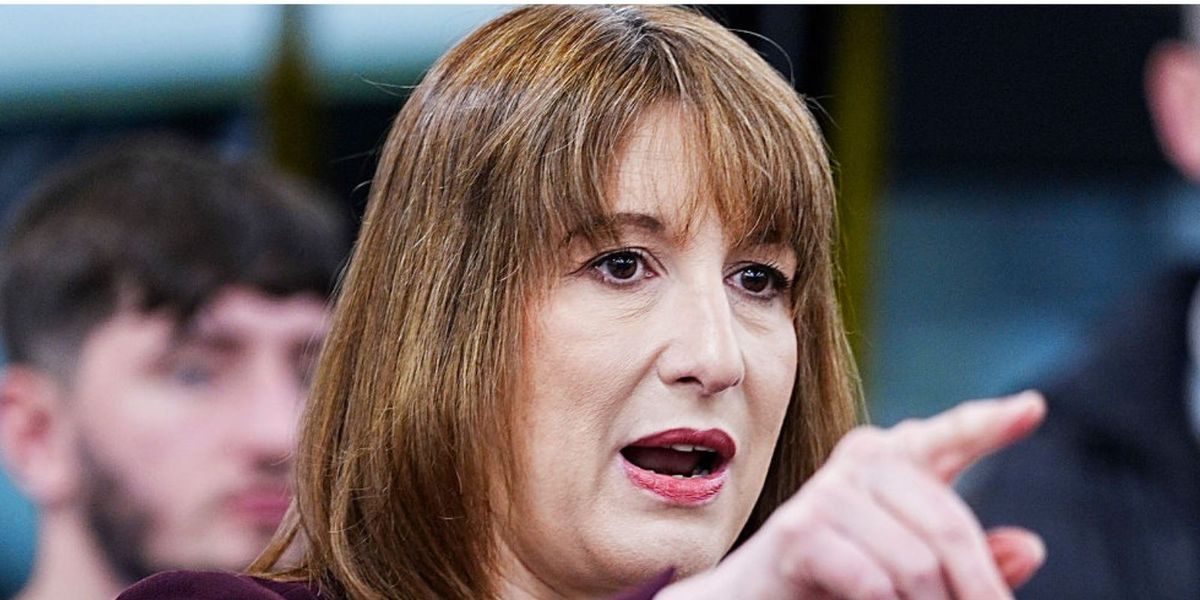An extra 150,000 working age adults will be pushed into poverty by 2030, despite a potential U-turn of the benefits bill, according to the latest Government figures.
The poverty impacts occur from potential future recipients no longer receiving the the benefit.
The Government has updated its impact on poverty levels in Great Britain in its Spring statement social security changes.
The report shows that the welfare reforms say 150,000 additional working-age adults will face relative poverty because of the cuts.
Before the U-turn was announced, a previous assessment said 250,000 people, including 50,000 children, would face poverty as a result of the measures.
Benefit rule changes to push extra 150,000 people into poverty despite U-turn
GETTY
Sir Keir Starmer is under extreme pressure as over 100 MPs have shown opposition towards his benefit cuts.
Despite reports stating he has watered down the reforms and offered concessions, he is still facing the prospect of around 50 MPs rebelling in a crunch vote on Tuesday.
Nadia Whittome, a prominent left-wing Labour MP, wrote on X: “Even with the concessions, the government’s own analysis forecasts that 150,000 people could still be pushed into poverty by disability benefit cuts by the end of the decade.
“As Labour MPs, we didn’t enter politics to make struggling constituents poorer. We must stop this Bill.”
The original welfare bill proposed to introduce a higher bar for eligibility for the Personal Independence Payment, and cut the health-related element of universal credit.
But after more than 100 Labour MPs called for these changes to be scrapped, the Government said its proposed rules will now only apply to new claims from November 2026, and also rowed back on universal credit plans.
From November 2026, PIP claimants will need to score at least 4 points from a single daily living activity to qualify for the daily living component of PIP, as well as scoring a total of at least 8 points.


